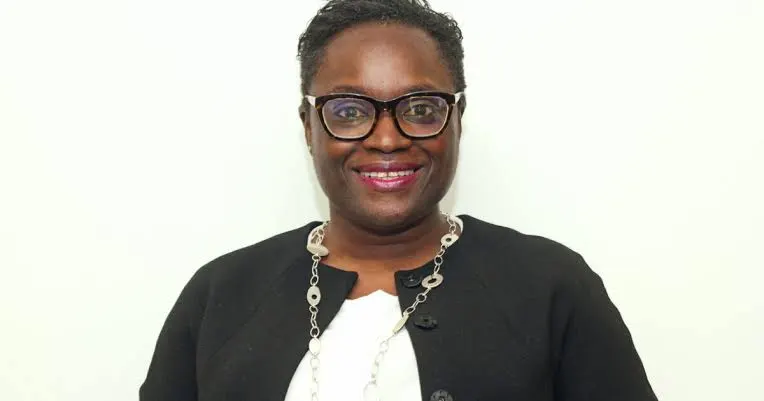THE WAITING GAME: HOLDING ONTO UNCERTAINTY FOR THOSE FACING INFERTILITY DURING THE GLOBAL PANDEMIC
- Fabiana

- May 25, 2020
- 3 min read
By Anya Sizer
Amongst all the many ways the current enforced Lockdown is affecting people, the impact on Fertility treatment and the infertile community is an especially painful and misunderstood experience.
Infertility, defined by the World health organisation as a disease of the reproductive system, currently affects one in six couples and UK wide amounts to 54000 treatment cycles per year
It is a condition that does not differentiate in terms of class or background, affects men and women equally and yet so often is dismissed as merely a “lifestyle issue “by the media and the rest of society.
Indeed, such a gap between myth and reality is not just a sociological miscomprehension but has also led to wide ranging economic implications too.
The NHS has for too long been forced to redefine best practice suggested by the national institute for clinical excellence (NICE) and instead had to determine based on region and available finances.
As such there is huge discrepancy between the gold standard we see in Scotland (3 cycles for all eligible) and the postcode lottery that epitomises England’s treatment of Infertility
Such lack of parity is at this difficult time further compounding the uncertainty that defines a person’s experience of infertility.
It is this aspect perhaps more than anything that is so acutely felt during lockdown and which led to 90% of patients we surveyed revealing ongoing battles with depression, and 42% experiencing suicidal thoughts.
Our lived experiences during such a portentous time are inevitably more keenly felt than ever and It is certainly true for those desperately trying to become parents.
I felt during treatment at least that I was doing something, there was movement forwards. Now, I just feel like everything has stopped and with that stopping it feels like all hope has gone
The uncertainty of daily life, of our financial ability to cope with treatment (65% of patients being forced into private treatment) and indeed with how we see our place in society becoming magnified for those struggling to conceive.
As one patient described it to me “I felt during treatment at least that I was doing something, there was movement forwards. Now, I just feel like everything has stopped and with that stopping it feels like all hope has gone".
As of April 15th, in the UK the HFEA has called for all cycles to be postponed and though there is much work behind the scenes there is little sign of an exit strategy for the infertile community.
Added to this as with the funding inequality there is also huge regional variance again with post lockdown guarantees.
Scotland Wales and Northern Ireland have all clearly stated that patients will be entitled to restart where they left off in the cycle. Yet England’s patients again are waiting to hear any such reassurances, leading many to fear they will lose their place on the waiting lists.
With the NHS already stripped to the bone after years of austerity and fertility treatment so poorly prioritised many patients will find themselves looking at private treatment as their only hope. However, with an average price per cycle of IVF being between £5000-£8000 that hope will simply not be available to all.
The economic inequality implicit with Fertility treatment will, I fear, post lockdown be more keenly felt than ever. Simply put many of the 1 in 6 will be unable to ever seek treatment for infertility because they will not be able to access it on the NHS nor afford it in the private sector. The medical help for those desperate to become parents will be unfairly slanted towards those who can afford to try for a family and those who cannot.
Our NHS was set up to support the people from cradle to grave regardless of background or geography the post covid landscape will see such an intent being sorely tested not just with infertility but in many areas of care in society.
It is our role as those on the left to defend the original tenants of the National health service, free at the point of use, free for all medical conditions that affect the people.
Infertility as a hugely prevalent indiscriminatory condition will need our support and our voices more than ever.




Comments